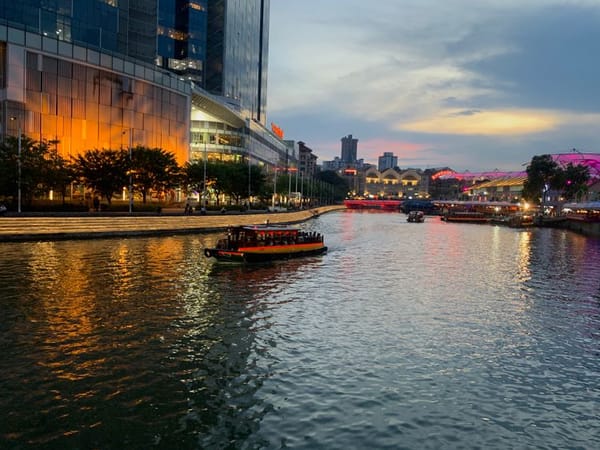Exploitation of Animals in Wildlife Tourism
Behind the scenes, animals involved in the tourism industry often lead miserable lives, and just how miserable are we talking here?

Ecotourism has gained traction in recent years, focusing on socially responsible travel to destinations where flora, fauna, and cultural heritage are the main attractions. Wildlife-encounter tourism is not a new phenomenon, but thanks to social media it has steadily gained popularity. Who amongst us would not want to cuddle a baby tiger, or ride upon the back of an elephant?
That is, until the illusion is dispersed; in some institutions with unscrupulous handlers, tourists are oblivious to the fact that many of the captive animals have been abused. Even more abhorrent is the discovery that elephants at a resort in Thailand, where elephants can be seen roaming freely, are the same elephants that perform tricks under the watchful eye of their masters, sometimes ‘prompted’ with a sharp metal stick, at another attraction mere miles away.
For all the visibility that social media provides, notably advertising activities that were once confined to guidebooks, it doesn’t appear to encompass the view beyond what is initially portrayed. Most tourists that enjoy a close encounter with a tiger are blissfully unaware that they may be declawed, drugged, or both. Or that the abundance of cubs waiting to be held and cuddled have in fact been bred at speed and snatched from their mothers only a few days after birth. Or that the three performing bears and their cubs at the Bolshoi State St. Petersburg Circus are kept chained to a wall to force them to become strong enough to walk on their hind legs.
The wildlife tourism industry caters to the public fascination with wild animals and often seeks to maximise profits by exploiting animals from birth until death. Bottlenose dolphins are integral to an industry that spans the glove; swim-with-dolphin institutions utilise dolphins both caught in the wild and bred in captivity to interact with tourists. The media increasingly denounces aquatic shows featuring dolphins performing tricks, yet many travellers are photographed swimming with captive dolphins at a holiday resort, often in an all-too-small pool.
There is controversy surrounding whether establishments with ‘high standards’, including pools filled with ocean water and veterinarian staff on-call, can be considered humane for marine life. The Humane Society of the United States argue that dolphins have evolved to swim vast distances and live in complex social groups, which cannot be replicated in the confines of an enclosed pool. Often, these animals are placed into unfamiliar groupings, making communication between them impossible.
Coupled with the limited space, and bare and sterile surroundings, captive dolphins experience little mental stimulation which frequently sparks frustration, even aggression.
Considering these mammals possess incredible intelligence and sentience and have been documented on numerous occasions engaging in playful activities like flips and leaps out of the water, one begins to draw loose parallels to human behaviour and consider whether the same mistreatment would be glossed over in the mainstream media if the subject in question was a human?







